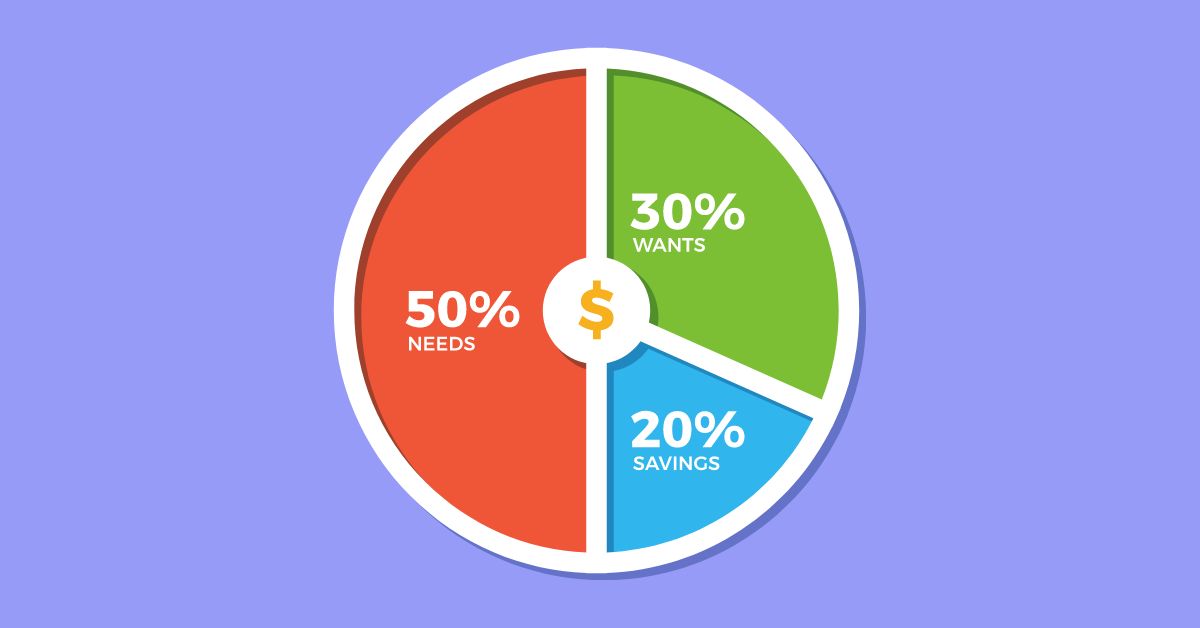Life is uncertain, and so is the future. Maturity lies in preparing for uncertain scenarios in the future. The hardest-hit lesson given by mother nature was COVID-19. People have been more concerned about financial savings and health in recent years. Let’s drill down into various aspects of the hot topic of the decade, i.e., savings and investment.
Top Reasons Why You Need To Save Money For The Future
It’s a hard fact that people in India become conscious of investing only when the situation arises. Obviously, it is a general fact, and there may be exceptions. However, smartness lies in knowing the importance of investment, not waiting for an emergency to arise, and hurrying to save money.
-
Financial independence
One of the most important benefits of investing is to become financially independent. This stage of investing allows you to pursue your life’s dreams, like working in an NGO, serving society or world tours, or just enjoying what you do.
-
Mental peace
Mental well-being is the new test of fitness today. If you are sitting on piled-up debts and financial commitments, it’s hard to find mental peace and enough sleep. Hence, savings would allow you to quickly clear the debts and ensure mental stability.
-
Need for emergencies
Emergencies such as job loss, accident, hospitalization, or home repairs are uncertain. Extra funds in the form of savings are helpful in such emergency cases, and you don’t need to incur massive debts to counter your needs.
-
Reduction in debt requirements
Income less investment equals expenses is the new age formula of savings. By giving priority to investing, you can limit the costs. These savings will help you pile up enough surplus that you don’t need to take debts for large-scale expenditures such as buying a new house, marriage, or child education.
-
Be future-ready for your financial needs.
Don’t be too much dependent on the personal loan since the loan is a factor of various credit factors and your present status. An egg in hand is better than two in the bush.
-
No regular income stream post-retirement
Post your retirement, your fixed income stream may stop, and you will still have to manage the expenses. Some expenses may be crucial in the form of medical needs. Savings could help you to meet your retirement needs.
If you observe, we have mentioned 6 reasons instead of 5. The extra reason is nothing but the return on your investment of time to read this article.
Once you are convinced about the importance of investment and savings, let’s now dive into how to save money for the future.
How To Save Money For The Future?
- The best way to save money for the future is to reduce unnecessary expenses. It doesn’t mean you should never eat pizzas at Domino’s, enjoy family time at a hotel, or spend time with your best buddies at CCD or Starbucks or on vacation. Life is short. Enjoy the moments but be cautious about overdoing your party expenses. Fix a budget and spend within it.
- Unrequired expenses are temporary needs and are easily avoidable, such as hoarding groceries or panic buying fuels, or spending an extra penny unnecessarily.
- Your income streams are fixed. Then why not your investment and expenses? Have a disciplined investment ideology like investing 60% of your income.
- Increase your investment portion for extra funds saved due to reduction of expenses or bonus receipt.
- Go for goal-based investing and save accordingly. Try to never withdraw your investments in between the goals unless it is an emergency.
How To Invest Money?
After a quick rebound of the Indian stock markets from April 2020, the Indian markets are now flooded with various money investing ideas. Let’s accept the fact that there is no single best place to invest money. Instead, there are multiple avenues for investing money. Each one of those differences is as per an investor’s risk-return profile.
Category A: High-risk investors
This category applies to young investors who have enough savings and no financial commitments:
- Equity investments in the stock market, especially in the midcaps or small caps
- Alternate investments like investing in real estate, hedge funds, or commodities
- High-risk mutual funds
- Derivatives
Category B: Medium risk investors
This category provides a medium level of returns. The various options are:
- Equity investments in the stock market, especially in large-cap stocks
- Medium risk category of mutual funds
- Fixed income bonds issued by corporates with A-rated or below
Category C: low-risk investors
This category applies to investors who are either above 50 years of age or young but still have a low-risk appetite. The various options under this category are:
- National savings certificate yielding 6.8% compounded annually (currently)
- Public provident fund yielding 7.1 % per annum
- Sukanya Samruddhi Scheme yielding 7.6% per annum as of FY20
- Fixed income securities backed by the full faith of the central government
The different options discussed above differ as per the risk appetite of each investor. Please note risk tolerance is a personal & subjective phenomenon. It’s not that a low-risk investor is a fool or a high-risk investor is intelligent. Everyone has an opinion and an expectation. It’s about what you want and how prepared you are to bear the downside if it happens. However, smart investors take risks yet manage to protect themselves from adverse outcomes.
Conclusion
In the end, it matters how ready you are to bear the consequences of uncertain situations. Investing and being financially independent are the best ways to stay hedged. It’s well said that investment can be your second child at retirement or need.
Discover stocks that suit certain filter criteria and dive into details to check their WealthBaskets.
FAQs
To become financially independent, reduce debt, keep funds available for emergencies, and buy a home.
Investing money does not mean keeping FD nowadays. For a risk-averse investor, the best place for investment can be mutual funds. As the risk appetite increases, he can go for investment in equity markets and IPOs.
Investment is something you buy with your money and let it grow as time passes. For example, buying a flat and renting it out. There are ample money investment ideas available over the web.
The importance of investment increases when you value your money. Luxuries are a key to losing money. Remember the basic dialogue of smart finance “income-less investments equal savings.” Some ways for students to save money can be by reducing unnecessary shopping, reducing the frequency of trips, and avoiding overeating junk foods.


















